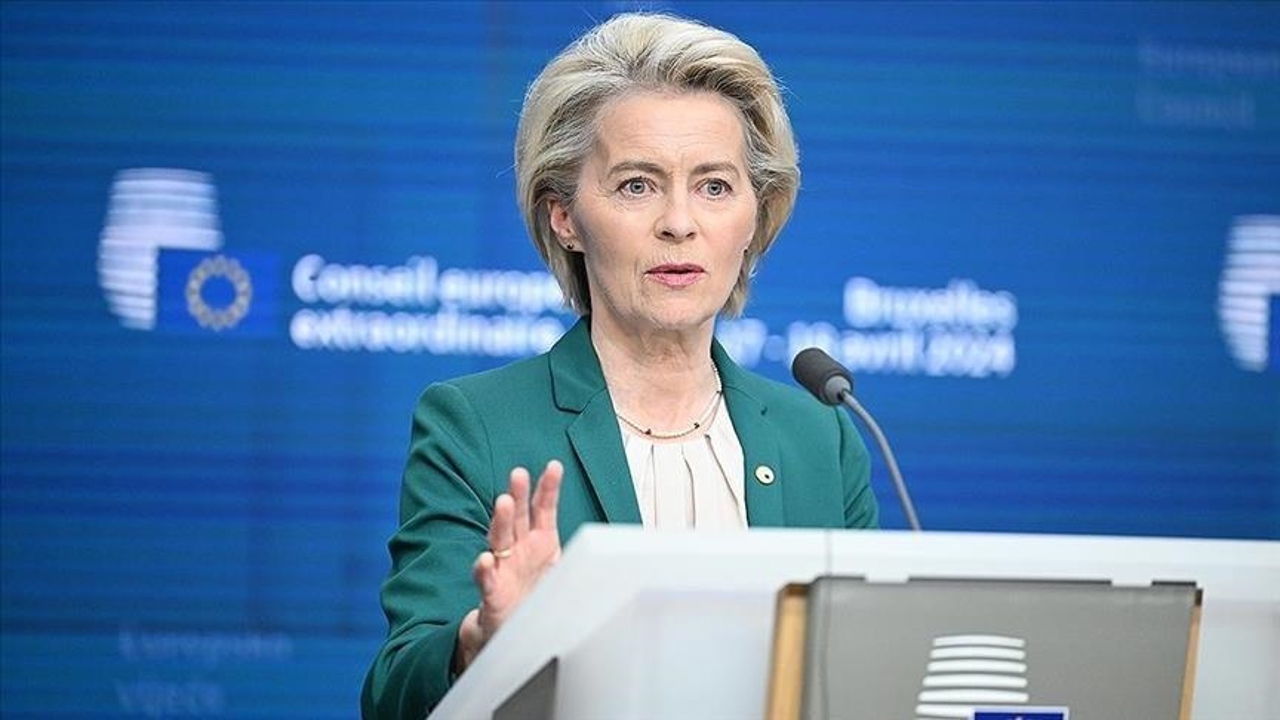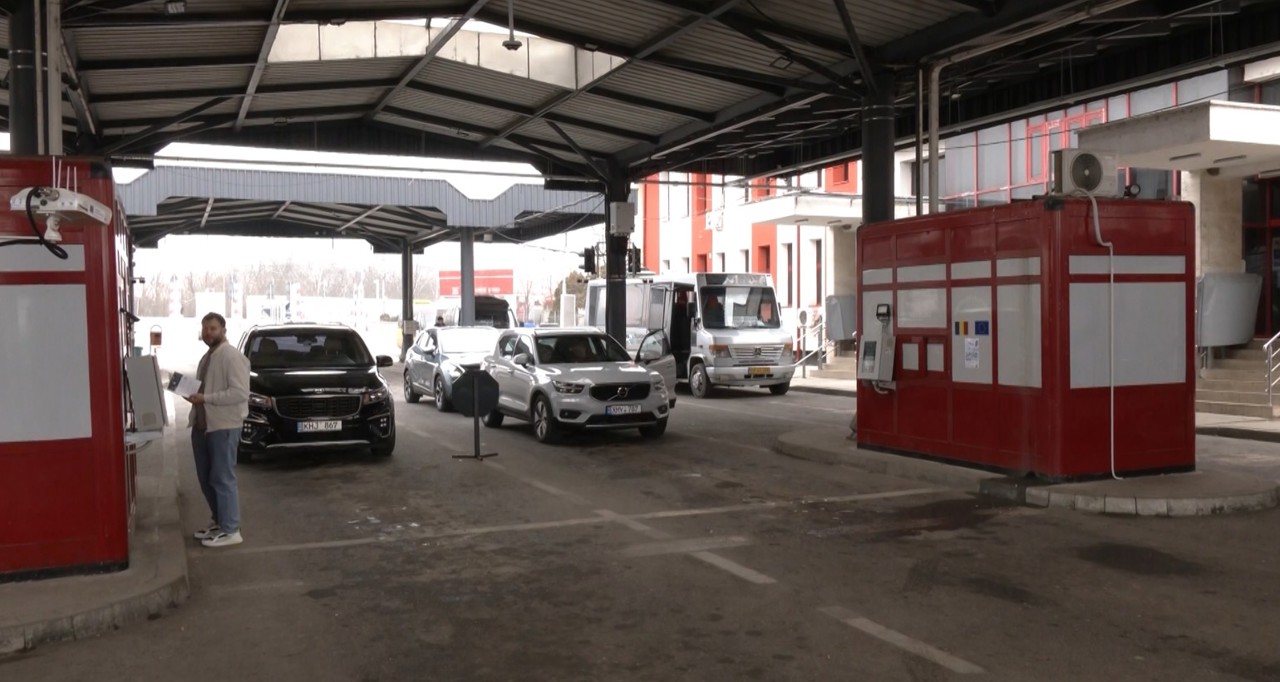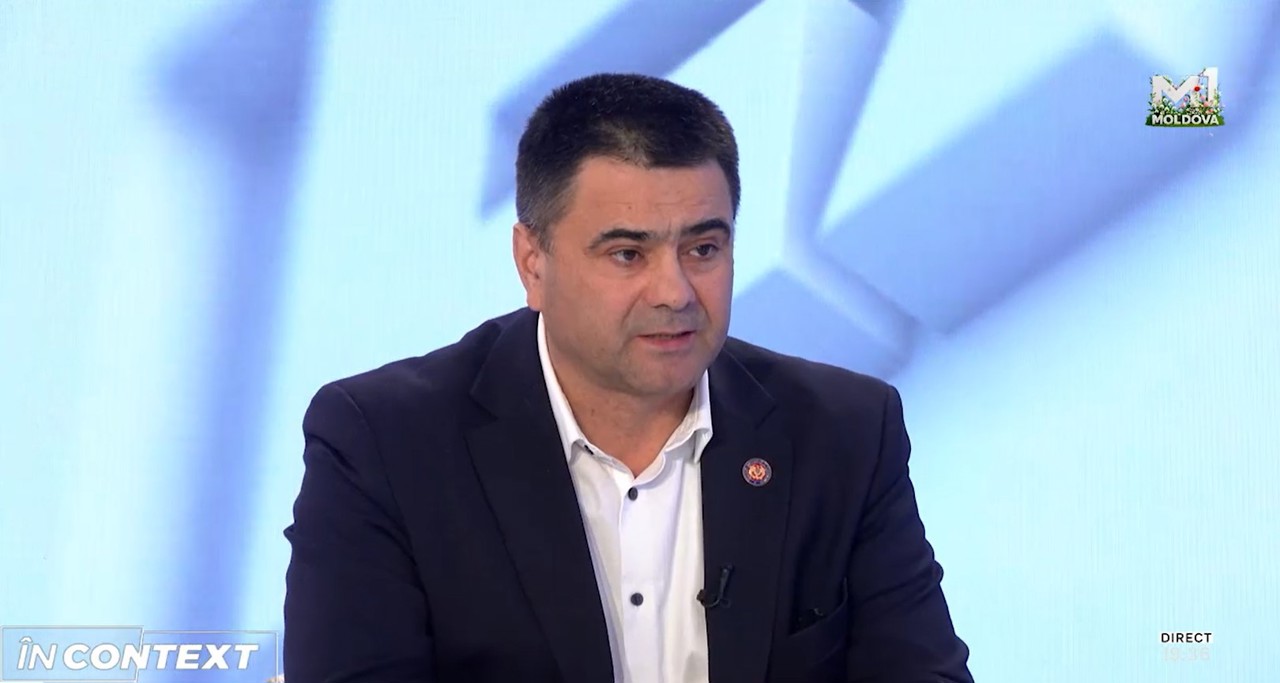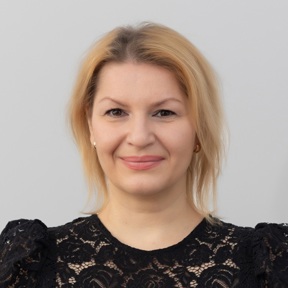Right-wing populist Fitto takes key role in European Commission
Political shake-up in Brussels: For the first time, a right-wing populist will be assigned an important position in the EU Commission.
Raffaele Fitto, a member of the “Fratelli d’Italia” party led by Italy’s Prime Minister Giorgia Meloni, will become an Executive Vice President of the Commission. He will be responsible for the economy and overseeing reconstruction aid, managing a budget totaling over 700 billion euros.
Ursula von der Leyen, the President of the Commission, is expected to announce the distribution of roles for the new European Commission leadership by the end of this week. However, one thing is already certain: alongside the designated EU representative for foreign policy, Estonian Kaja Kallas, von der Leyen will be joined by four other Executive Vice Presidents. In addition, there are two EU commissioners who will report directly to von der Leyen due to the importance of their portfolios.
As per von der Leyen’s plans, Latvian conservative Valdis Dombrovskis is set to serve as Executive Vice President, focusing on "EU enlargement and Ukraine reconstruction." Socialist politician Teresa Ribera Rodriguez, former Minister for Ecological Transition in Pedro Sanchez’s government in Madrid, will take on the "transition" portfolio as an Executive Vice President. She will lead legislative proposals for social, digital, and ecological transformation. French liberal politician Thierry Breton is expected to manage "Industry and strategic autonomy." The new EU Trade Commissioner is likely to be Dutch politician Wopke Hoekstra, while the new EU Energy Commissioner will be the current Czech Industry Minister Josef Sikela.
Two posts, which may hold significant political importance in the coming years, will be directly accountable to the Commission President. Slovak politician Mario Sefkovic will be responsible for reducing bureaucracy and inter-institutional matters, while Polish politician Piotr Serafin will handle internal EU issues. Von der Leyen has made deregulation one of her key themes for the coming years. Serafin, in turn, will lead negotiations on the EU’s new seven-year budget—an exercise in balancing Brussels’ increasing financial demands with the reluctance of member states to spend more. All nominees must be vetted and confirmed by Parliament this autumn.
One thing is already clear: Von der Leyen will most likely preside over a male-dominated council in her second term. In the first round of nominations for the upper echelon of commissioners, only 8 of the 25 eligible EU states nominated a woman. This became official on Monday with Belgium’s decision to nominate its Foreign Minister, Hadja Lahbib.
All other eligible countries had submitted their nominations by last Friday. Germany and Estonia were not involved, as they already have top-level politicians in the Commission—von der Leyen and the already-nominated Foreign Affairs Chief, Kaja Kallas. Romania has nominated former Minister for European Funds, Roxana Mînzatu. In total, the future Commission could include 10 female Commissioners out of 27. At the start of von der Leyen’s first term, 12 out of 27 Commissioners were women.
Translation by Iurie Tataru






